5G Useless Theory: Why do people still say that 5G is useless?

The Ministry of Industry and Information Technology recently
revealed at the World 5G Conference that the number of 5G terminal connections
in China has approached 400 million, and the number of 5G base stations has
exceeded one million. 5G base stations cover 100% of prefecture-level cities
and more than 95% of counties and districts across the country. At the end of
2023, my country's 5G base stations will reach 2.5 million, and 5G network
construction will continue to heat up in the next 2-3 years.
The Ministry of Industry and Information Technology recently
revealed at the World 5G Conference that the number of 5G terminal connections
in China has approached 400 million, and the number of 5G base stations has
exceeded one million. 5G base stations cover 100% of prefecture-level cities
and more than 95% of counties and districts across the country. At the end of
2023, my country's 5G base stations will reach 2.5 million, and 5G network
construction will continue to heat up in the next 2-3 years.
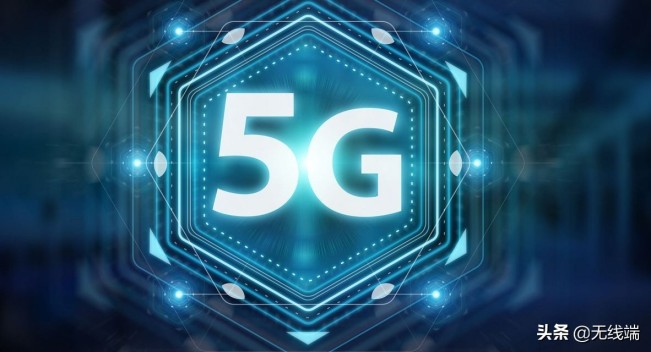
In sharp contrast with these prosperous figures and the
complacency of the Ministry of Industry and Information Technology and the
three major operators, there is a constant "5G useless theory" among
the people. Many people even bluntly said that 5G is just a false proposition,
and it is not much different from 4G, it is just a concept of play. Is the hype
of 5G really a social scam?
Many end users often say: "5G is actually
useless." This sentence does not mean that 5G is useless, but that in
2021, 5G will be useless for most people.
Indeed, many people have bought a 5G mobile phone and opened
a 5G package, but turned off the 5G data of the mobile phone directly. Earlier,
Huawei Hongmeng system was "forced" to cancel the 5G switch in the
shortcut function area because of the mandatory requirements of the three major
operators. Because many people have bought 5G phones but turned off the 5G
switch, the best way is to hide the switch to avoid wasting 5G functions.
The reason is that it is a recognized fact that the current
5G tariffs are high. Take the Tencent King Card package as an example. The
tariffs of the 4G version and the 5G version are far apart. The 4G tariff
starts at 19 yuan, with dozens of G traffic per month; the 5G package starts at
129 yuan.
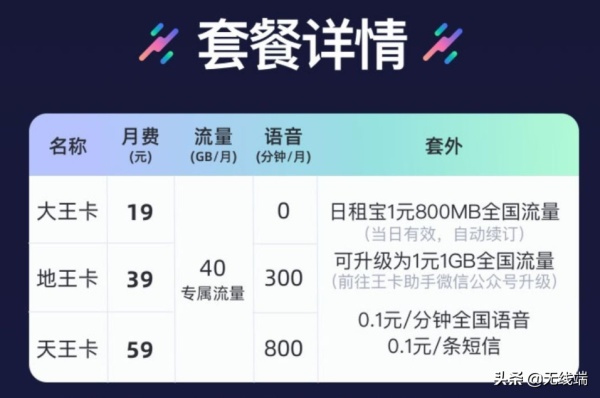
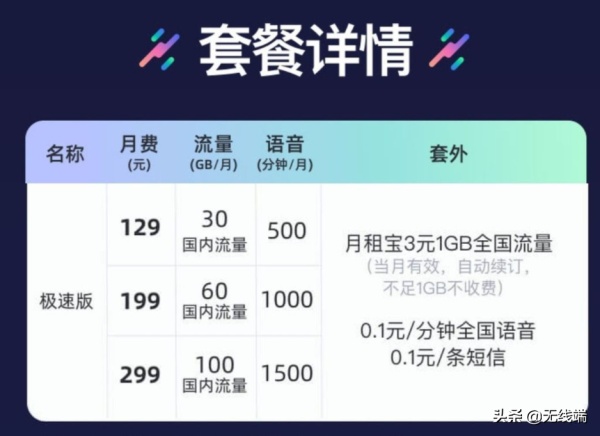
Nowadays, Wifi is available in almost every public place and
home office environment, and many people can't use up 10G data in a month. 4G
tariffs can be settled at only 30 to 40 yuan. How many people will choose to
use the 129 yuan 5G package? Not to mention too many people respond that 5G is
not much faster than 4G.
Before the tariffs have dropped and the speed has not
increased, it is difficult for Chinese people to change and expect 5G.
In addition, the current 5G application scenario is still
very single. Expensiveness may not be the biggest problem, after all, many
people are not bad money. However, there are few 5G-related applications today,
and there are not many scenarios that can affect it. The transition from 3G to
4G is very obvious, because playing games, watching videos, browsing the web,
and even chatting videos, the experience of 4G is far better than that of 3G.
However, the current most common applications such as Taobao, JD.com, Weibo,
WeChat, or Youku, iQiyi, and Tencent Video have difficulty sensing the speed of
5G.
The most obvious sense of the importance of 5G is probably
only when downloading software and movies.
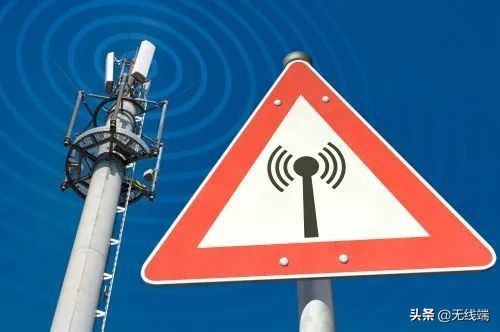
So is 5G really a false proposition? What is its use?
5G is definitely not a false proposition, let alone a scam.
5G will be a "zero-latency" world. The time from a user's request to
a response will be unprecedentedly short. For example, an 8GB high-definition
movie can be downloaded in only 6 seconds, compared to 7 minutes in a 4G
environment.
"Zero latency" is of course not only reflected in
the download and browsing speed, otherwise it will be really overkill. Both
medical care and autonomous driving must rely on the "zero delay" of
5G, such as virtual surgery and instantaneous sensing of autonomous driving
that may be possible in the future. So the ultimate goal of 5G is the Internet
of Things and smart homes. All connected devices can communicate with each
other in a very short time, such as your mobile phone, computer, lights, cars,
sweeping robots, air conditioners, hubs...
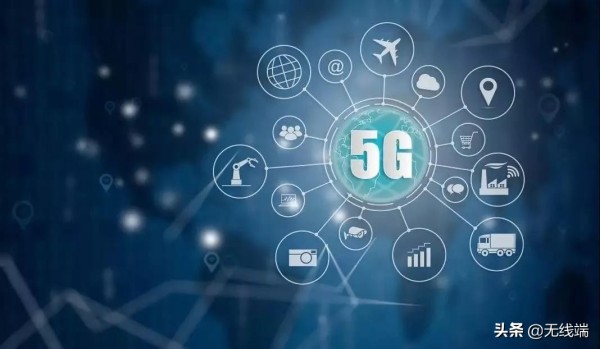
A bold scenario is that billions or even trillions of
devices and people will be able to communicate with "zero delay", and
all aspects of life will be further automated and intelligent. Of course, this
is too much of a cyberpunk, but 4G is absolutely impossible to realize this
illusion. Only 5G can bring about an interconnected world of instant
information.
There are still many challenges facing 5G, such as coverage
costs, power consumption costs, transformation and expansion projects, user
costs, and building an exclusive ecosystem. However, no matter how many doubts
there are, 5G is still an inevitable technological development.